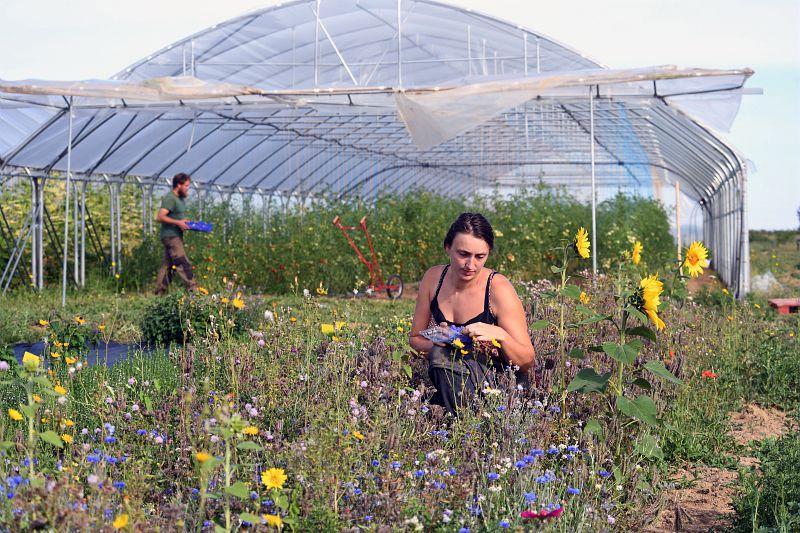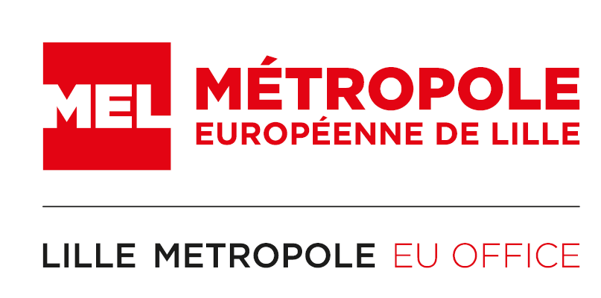Environment and sustainable urban development

Environment and sustainable urban development
Lille Metropole shows strong political willingness to implement substantial environmental initiatives, promoting clean energies and alternative transportation modes in order to create a green and carbon-neutral urban space by 2050.
To this effect, Lille Metropole has adopted its Climate Plan (Plan Climat Air Energies Territorial - PCAET) as well as one of the first climate budget in France. This strategic document aims to mitigate climate change effects by scaling down energy consumption, reducing atmospheric pollution and adapting to the consequences of climate change, in an overall aim of reaching carbon-neutrality by 2050, in line with the European Green deal.
Lille Metropole actions in term of environment and climate transition concern as well the waste treatment and circular economy policy as waterground table protection, protection against noise, ...
3.000 GWh of green energy
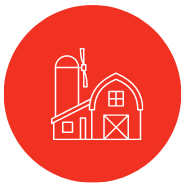

44% of rural areas
270 electric vehicles charging stations


2.200 V'Lille rental bikes in 223 stations
Our projects
Climate Plan goals
- Reduce greenhouse gas emissions by 45% by 2030 and reach carbon neutrality by 2050
- Divide the carbon footprint of the territory by 6 by 2050
- Reduce energy consumption by 16% in 2030 and 39% in 2050 (relative to 2016)
- Multiply local renewable energy production by 2,3 between 2016 and 2030
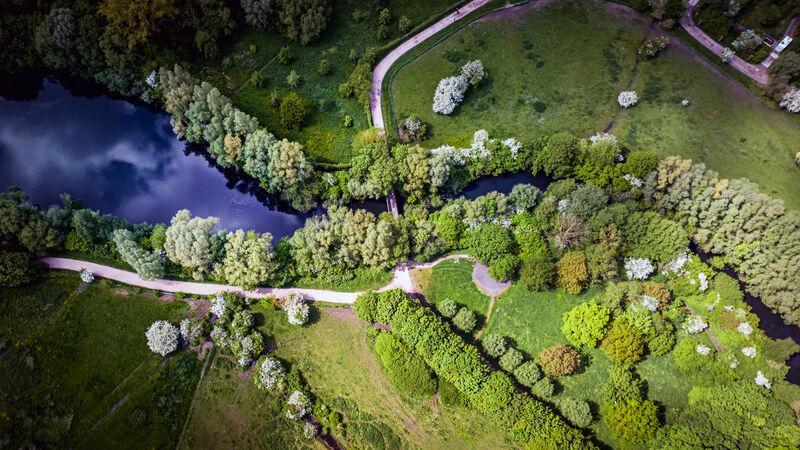
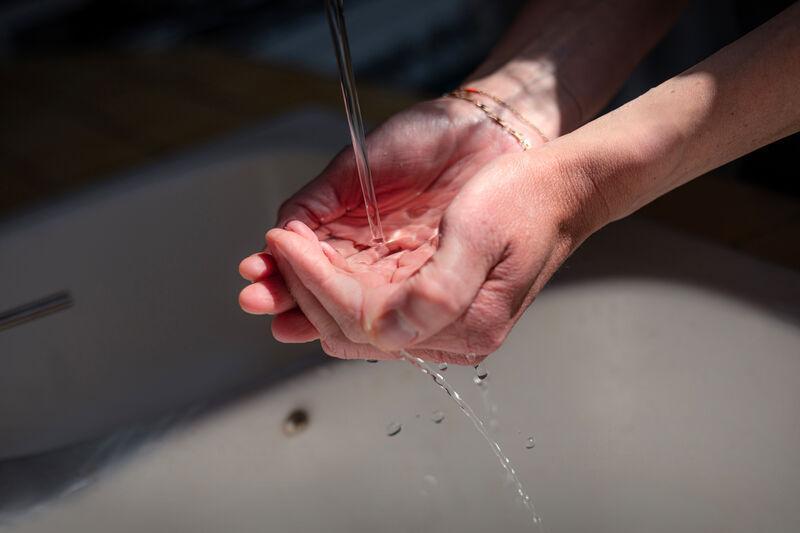
Waterguardians
As a vital resource and richness of Lille Metropole’s territory, water benefits from a reinforced protection thanks to the Water Guardians project. Dependant by 50% of the Chalk groundwater located in the south of the metropole, Lille Metropole’s drinking water production suffers nowadays from repeted droughts and human activities.
In 2019, Lille Metropole and the 26 municipalities from this area agreed on the Water Guardians Charter to define strategic axes and take concrete actions to protect and preserve groundwater resources and ensure a longlasting access to a water of quality for metropolitan citizens.
Sustainable housing
Sustainable housing is key to the ecological transition process. However, it remains a costly and complex initiative. Therefore, Lille metropole has implemented the Amelio+ network, that allows any citizen living in the metropolitan region to benefit from technical and juridical advices for any sustainable renovation or construction projects.

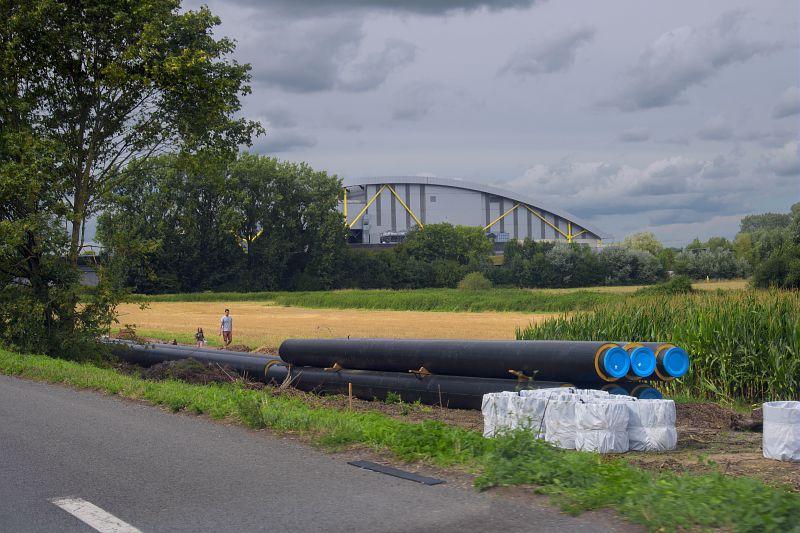
Halluin heat highway
Located northwest of Lille Metropole’s area, the heat highway entered into service between July 2020 and Septembre 2021 to take concrete action in dealing with rising energy prices and fighting against global warming. The 20 km of pipelines connecting the Halluin Waste Recovery Center to the existing heat networks of Lille and Roubaix allowed the reuse of unused energy generated by waste incineration.
With EUR 70 million of total investment, the Heat Highway recovers 230 GWh per year from waste incineration, the equivalent of heating 24,000 homes ! It also enabled the closure of Mont de Terre coal-fired power plant in Januray 2021, with significant benefits for the climate and the air quality.
Sustainable agricultural management
With more than 40% of rural areas, agricultural activities in Lille Metropole represent a major issue. As the consequences of climate change are increasingly tangible, as evidenced by the droughts, the hydric stress and the soil erosion undergone every year, Lille metropole has designed ambitious adaptation strategies in the fields of water management and agricultural policy.
One of Lille metropole's top-priority is to carry out the sector's climate transition, enabling a sustainable food policy and favouring local distribution networks. One of the policy's most representative initiative is the Wavrin market garderning and horticulture zone. This 35ha-wide area hosts farmers using sustainable methods, making it the spearhead of Lille Metropole ambition of a sustainable food policy.
